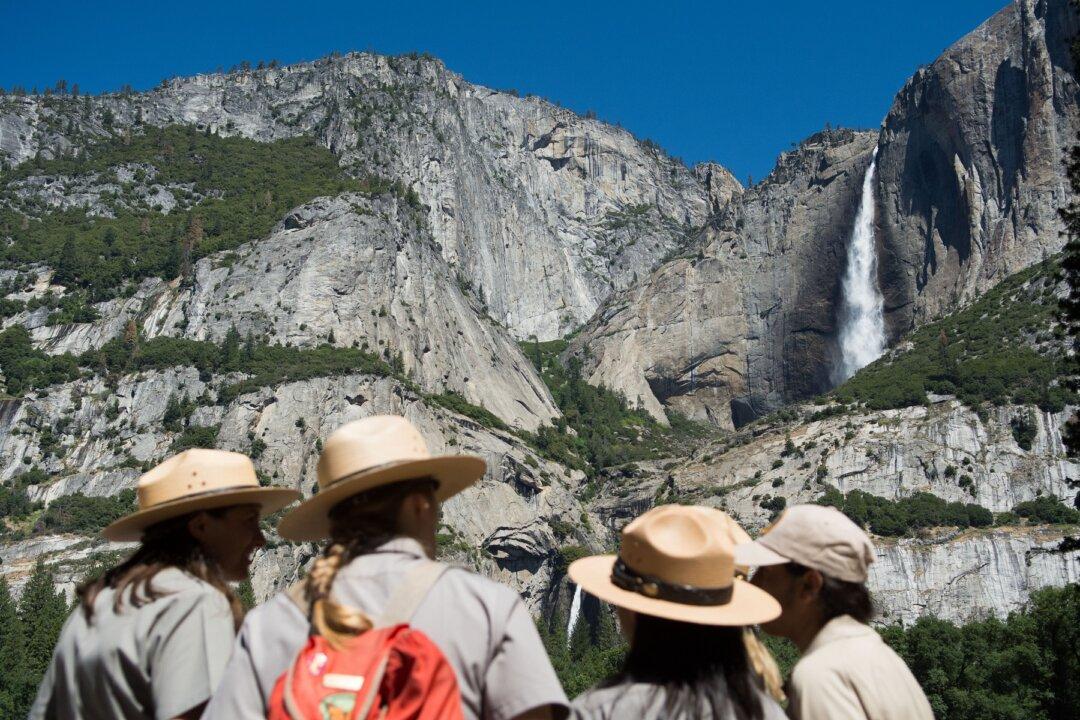WASHINGTON—An omnibus package of public-lands legislation that would create a $9 billion slush fund every 10 years to nationalize privately owned lands for conservation purposes has gone to President Donald Trump for his signature, after the bipartisan bill easily passed both chambers of Congress with veto-proof supermajorities.
Conservatives are skeptical of the measure, which would let the federal government expand its real estate portfolio.





